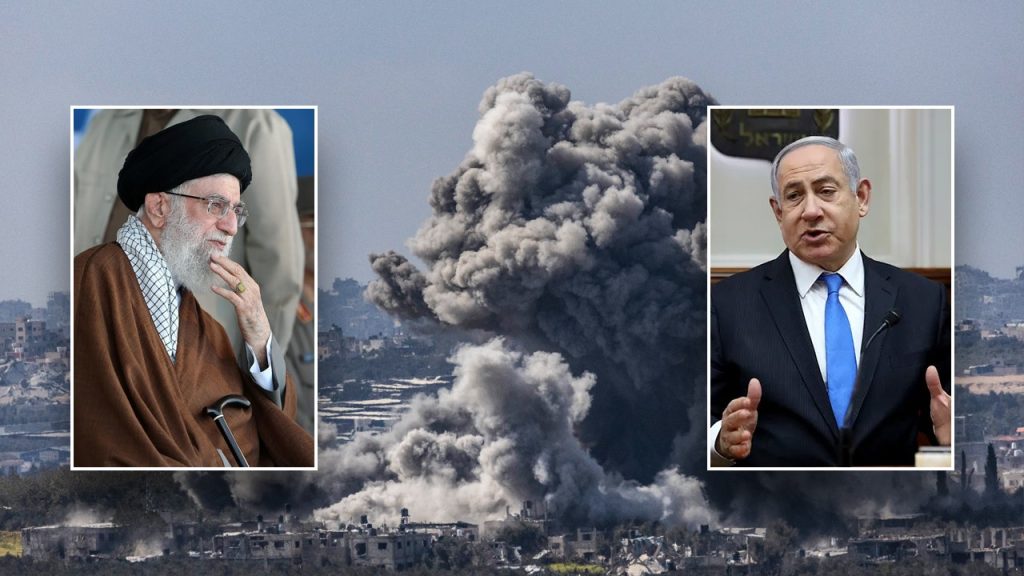Experts have warned that a war between Iran and Israel would not be beneficial for anyone in the region, as it would likely draw in neighboring forces. Iran remains worried about Israel’s growing relationships with Arab states such as Saudi Arabia, the Emirates, and Qatar, fearing they may be drawn into a larger conflict. Tehran has threatened a response against Israel following an attack in Damascus that killed seven members of the Islamic Revolutionary Guard Corps. To prepare for potential attacks, U.S. CENTCOM Gen. Michael Kurilla has assessed Israeli military readiness alongside Israeli Minister of Defense Yoav Gallant. Despite the tensions, both countries are working to ensure they are prepared for any potential escalation.
Jonathan Conricus, a former IDF spokesperson, believes Iran will exercise strategic patience and avoid attacking Israel as it would lead to a shift in focus on their own negative activities in the Middle East. General Jack Keane from the Institute for the Study of War also anticipates an attack from Iran at some point but believes it will likely be a measured response. He suggests the best way to handle Iran is to destroy its IRGC assets in Iran, as it would weaken the regime economically and militarily. Matt McInnis of the same institute agrees with Keane’s assessment, stating that Iran’s capabilities are stronger in small-scale operations, especially when working with proxy forces like Hezbollah in Lebanon.
Both Iran and Israel are concerned about the potential for a ground war, particularly in southern Lebanon or northern Israel. Bill Roggio, founder of “The Long War Journal,” points out that Iran is already engaging in a form of war with Israel through its proxy groups in the region. As Iran’s closest allies, these proxies pose a significant threat. Arab states like Saudi Arabia and Egypt are unlikely to come to Israel’s aid due to their own precarious positions in the region. Roggio also notes Russia and China’s political and diplomatic interests in Iran, suggesting they could support Iran to keep the conflict active, although the means of this support remain unclear.
In the event of a war between Iran and Israel, it is unlikely that other Arab states would take sides, preferring to stay out of the conflict. The potential for escalation and regional destabilization is a significant concern for all parties involved. While Iran continues to threaten Israel, experts believe that a measured response is more likely than an all-out conflict. The involvement of proxy groups in the region further complicates the situation, as these groups pose a significant threat to Israel. Overall, the situation remains tense, with preparations being made on both sides to address any potential escalation in the conflict.
The U.S. remains in constant communication with Israel to provide support and ensure readiness in the face of potential Iranian threats. General Kurilla’s assessment of Israeli military preparedness alongside Israeli Minister of Defense Yoav Gallant underscores the seriousness of the situation. Experts agree that a full-scale war between Iran and Israel would have severe consequences for the region, with the potential for various proxy groups to get involved. The focus remains on de-escalation and avoiding conflict, although tensions continue to run high. Both Iran and Israel are keenly aware of the potential implications of any military action and are working to avoid a larger conflict.













